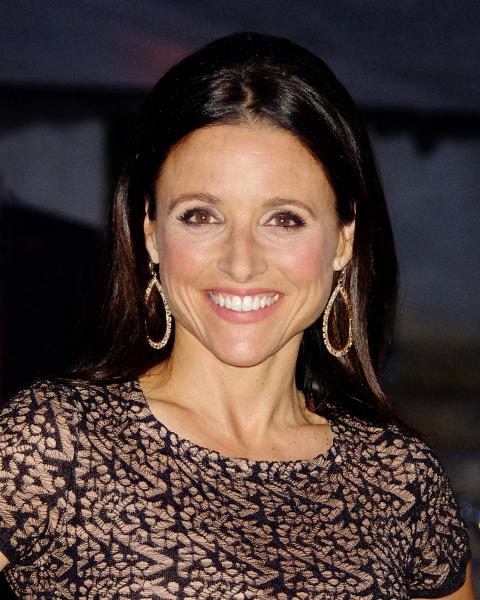Using a Twitter post, actress of Seinfeld and VEEP fame, Julia Louis-Dreyfus, announced she was recently diagnosed with breast cancer:


As is included above, the information revealed is quite limited (though this will likely change with time). Breast Cancer comes in many shapes and sizes in terms of tumor type, extent of spread, hormone-sensitivity, aggressiveness and so forth. The treatment options vary depending on these and a host of other factors. The therapeutics involved in treatment include but are not limited to surgical options, chemotherapy, radiation and hormonally-based anti-cancer drugs, for example. What the tumor type is and whether it has spread or not dictates the forms of treatments that are considered. When one proclaims this diagnosis, it is traditionally after the results of tissue analysis have returned from pathology confirming the malignancy.
There is a lot of reason to be hopeful with such a diagnosis given the innumerable advances in the field. For those newly diagnosed especially, Dr. Ogori Kalu, a Stanford-educated surgical oncologist, maintains, “It is important for women to know this is not a death sentence and they should realize there are many options. The approach should be a multidisciplinary one to optimize the whole patient’s survival benefit. There are different surgical and medical treatment options - and, new therapies and research constantly being done. I am optimistic about the strides we have made and the advances just around-the-corner.”
Dr. Kalu's Take Home Messages
What do we know about breast cancer? (To learn more about her, click here)
- Any woman is at risk for breast cancer.
- 1% of overall cases occur in men — typically with a family history. There is speculation that this rate is higher in ex-veterans due to possible chemical warfare in Korea, Vietnam and earlier historical times. Usually presents around or behind the nipple. Due to male anatomy, men often detect it sooner since it is more superficial.
- Abnormal mammograms are the most common way to present with annual screening starting at age 40 (serves to increase detection).
- Mammograms for 40-75 years of age are tried and true being the best tool we have currently to detect early stage breast cancer.
- Because mammograms are suboptimal in those under age 40, self-breast exams, knowledge of family history and regular care with a physician are especially important in this younger demographic. These clinicians should be performing breast exams as well.
- The conversation of breast health should begin with the pediatrician.
- Breast cancer can occur in your 20s. Due to lack of appropriate screening at that age, close monitoring with a regular doctor and knowing your body can be essential measures for continued well-being
- If diagnosed with dense breasts, then following with a breast specialist or breast surgeon is advisable.
- Know your family history and discuss with your doctor your level of risk.
Note(s):
(1) To appreciate the road ahead for such a diagnosis and the concept of "cure" versus "remission," go to my article Shannen Doherty Reveals Unspoken Truth About A Cancer Diagnosis.
(2) To learn more about women's health and cancers, visit Making The Rounds with Dr. Susan Wolf. Dr. Wolf is a Reproductive Endocrinologist specializing in infertility and menopause. Additionally, she is a breast cancer and melanoma survivor - and, “borderline ovarian” which she personally addressed in our discussion. At that link, you will find a link to her facebook live session with an attached summary.




